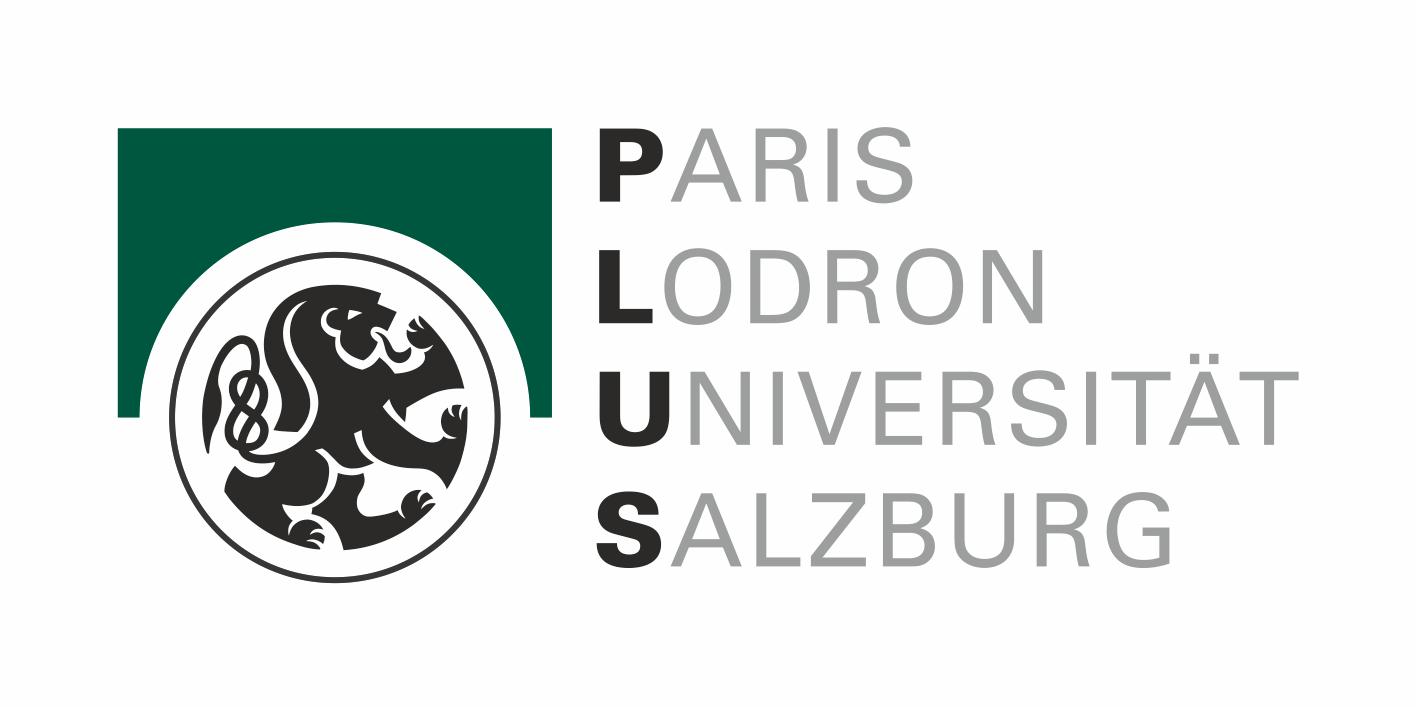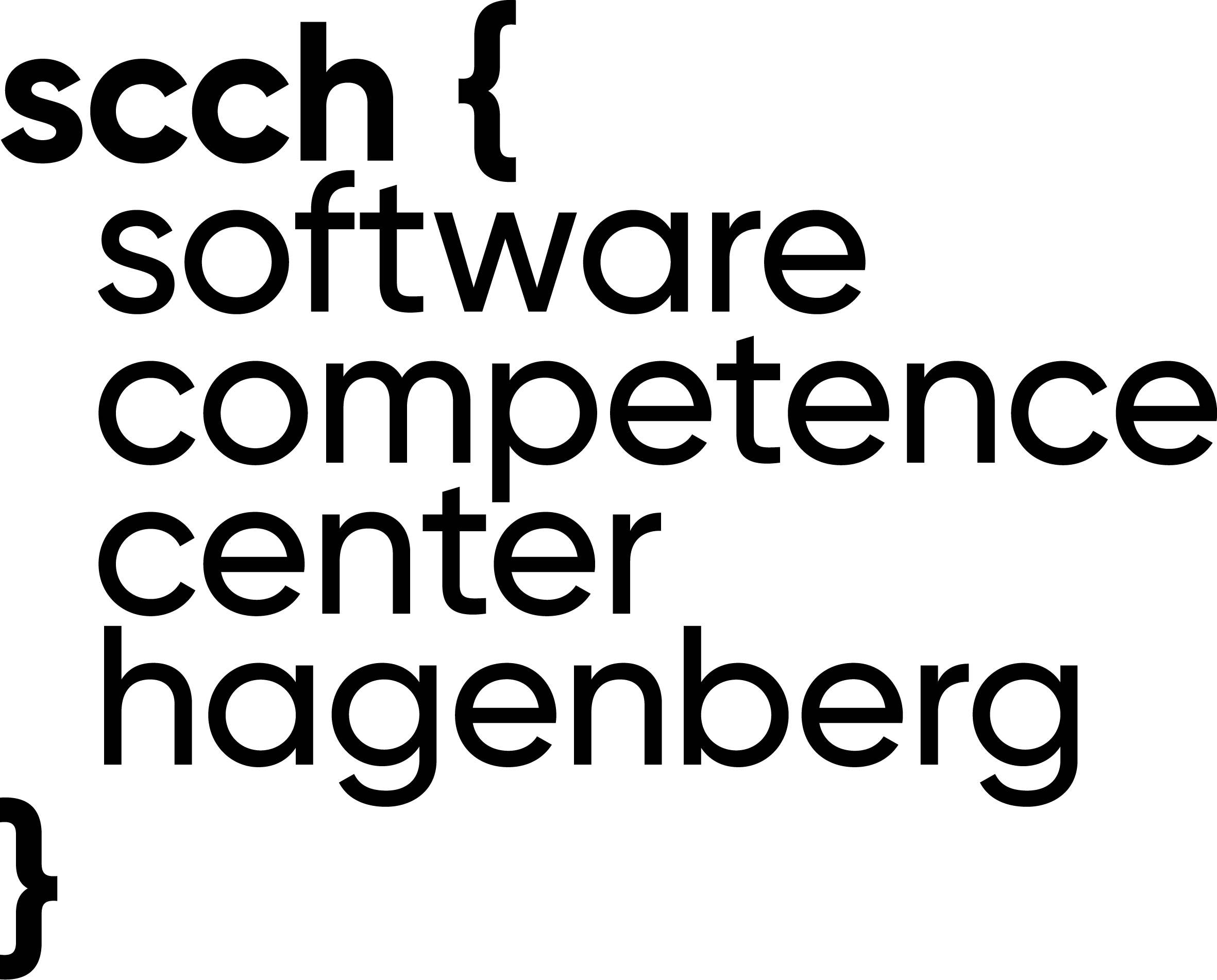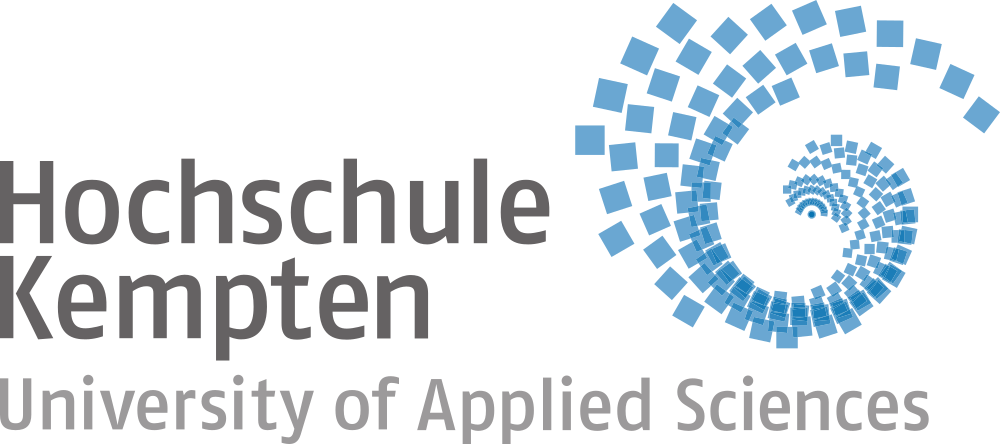
AI4Green
Sustainable solutions for energy and CO2 savings in industry through artificial intelligence
Overview
-
Description:
The project uses AI-supported optimization to improve production processes and resource consumption in industry. Deep reinforcement learning will be used to develop sustainable solutions for energy and CO2 savings. Software tools for optimization in various industries are being developed.
-
Funding organization:

-
Duration:
01.05.2024 - 30.04.2027
-
Project Manager:
Prof. (FH) PD Dr. Mario Döller
FH-Rector -
Project Members:
-
Julius Tscherch
Research Assistant Coding & Digital Design/Project AI4Green -
Benjamin Senfter
Research Fellow | Project AI4Green -
Joachim Pfuhl
Research Fellow | Project AI4Green -
Mohammadreza Mohebbi, MSc
Lecturer for Data Science & Intelligent Analytics
-
Project goals
The objectives of the pilot action include the development and optimization of mobile sensor platforms in the swarm for agriculture in order to promote resource-saving applications through automated coordination and efficient management. In addition, a software tool for the use of reinforcement learning will be developed to increase energy efficiency in industrial applications. By integrating AI into existing infrastructure, companies can exploit the potential for energy savings in practice and implement sustainable solutions.
Intended project results
Swarm-based optimization of tasks: Use of swarm intelligence to optimize agricultural tasks such as crop protection, irrigation and harvest planning. Sensors will be investigated and outdoor navigation systems optimized to increase the efficiency and accuracy of the systems.
Cooperation between ground-based and airborne vehicles: Development of technologies for seamless cooperation between drones and tractors. This includes communication, coordination, joint path planning and safety management to improve the efficiency of agricultural processes.
Optimization of energy models for mobile units: Improving the energy efficiency of mobile units by optimizing movement patterns, route planning and energy consumption in different scenarios. The aim is to maximize endurance and reduce energy consumption.








